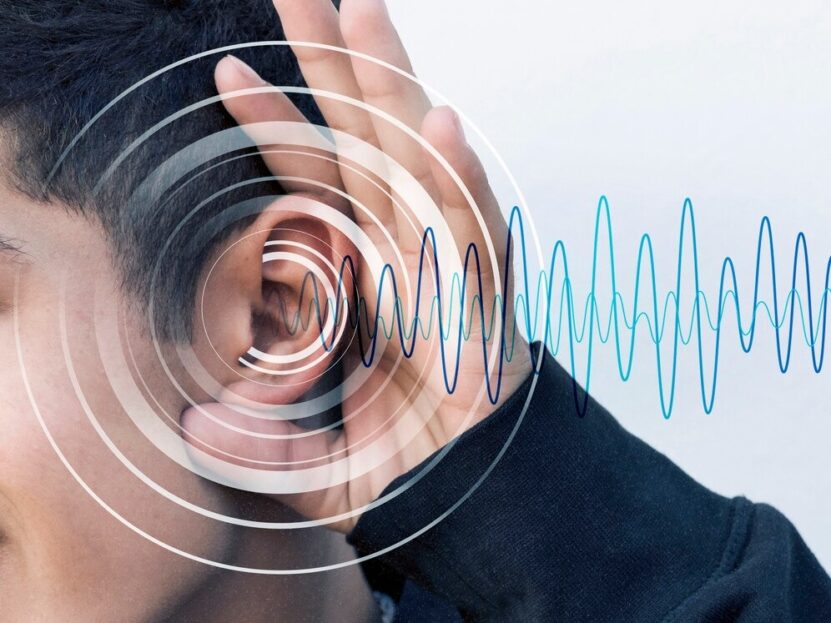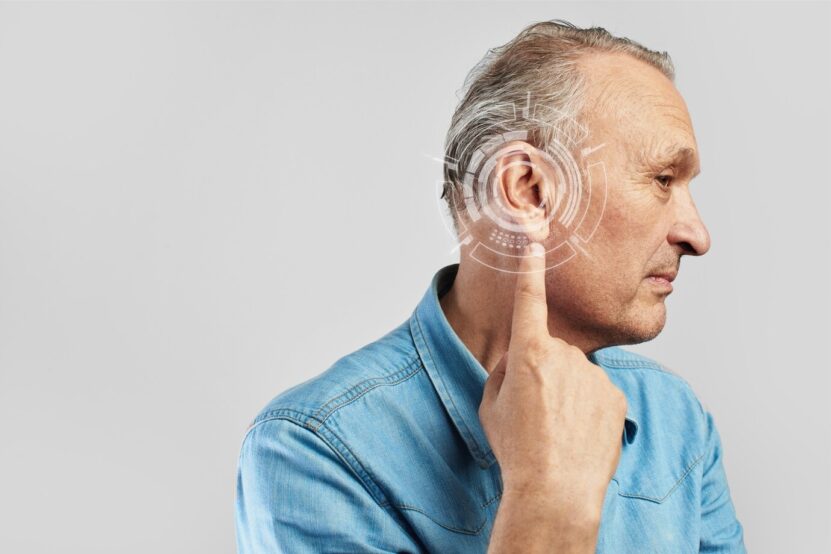Hearing loss and balance issues are common health concerns affecting millions of people worldwide. They often occur together because the ear is responsible for both hearing and balance. For individuals dealing with these problems, the first step toward recovery involves understanding the connection between the two and finding the best treatment options available.
The causes can vary from aging to underlying conditions. Without proper care, hearing loss can affect communication, and balance problems can increase the risk of falls. Fortunately, there are various treatments to address both issues, ranging from medical intervention to lifestyle changes.
Consult an ENT Specialist
When dealing with hearing loss and balance issues, it’s vital to consult a qualified professional for accurate diagnosis and treatment. An ENT specialist, like those at the ENT Clinic in Singapore, provides comprehensive care for those affected. Their expertise covers everything related to the ear, nose, and throat, making them a valuable resource in managing both of these issues.
This clinic has a team of specialists who focus on providing personalized treatment. Their specialists have decades of experience in Otolaryngology, ensuring the highest quality care. Patients can rest assured knowing that they are in the hands of seasoned professionals.
Understanding the Link Between Hearing Loss and Balance

Hearing loss and balance issues often occur together because the inner ear controls both. The vestibular system, located in the inner ear, sends signals to the brain to maintain balance. When damage occurs, this system malfunctions, leading to dizziness and loss of balance. At the same time, any disturbance in the ear can also affect hearing.
Common causes of hearing loss and balance problems include:
- Ear infections
- Meniere’s disease
- Acoustic neuromas (tumors)
- Age-related degeneration
- Head trauma
- Certain medications
- Knowing the cause helps to determine the appropriate treatment plan.
Best Treatment Options for Hearing Loss
Treatment depends on the severity and cause of the issue. Below are some common options:
Hearing Aids
For mild to moderate hearing loss, hearing aids provide significant relief. They amplify sounds and improve communication. Various types are available, including behind-the-ear and in-ear models. A proper fitting by an audiologist ensures maximum benefit.
Cochlear Implants
For severe hearing loss, cochlear implants offer a more advanced solution. Unlike hearing aids, cochlear implants bypass damaged parts of the ear and directly stimulate the auditory nerve.
Medical Treatment
Sometimes, hearing loss results from infections or inflammation. Antibiotics or anti-inflammatory medications can help restore hearing in these cases. Early intervention is key to preventing permanent damage.
Surgery
Surgical options include repairing damaged ear structures or removing growths, such as acoustic neuromas. Surgery is often recommended for structural problems or severe cases where other treatments fail to work.
Managing Balance Problems

Balance issues can be just as debilitating as hearing loss. Several treatment options focus on improving balance and reducing dizziness:
Vestibular Rehabilitation
Vestibular rehabilitation is a physical therapy program designed to improve balance and reduce dizziness. It involves exercises that help the brain adapt to changes in the vestibular system. Patients with balance problems caused by inner ear disorders often benefit from this therapy.
Medication
In cases where balance issues stem from an infection, medications like antibiotics or antivirals may resolve the underlying issue. Additionally, medications that control dizziness, such as antihistamines or sedatives, can provide temporary relief.
Also Surgery
For individuals with persistent balance issues caused by structural problems in the ear, surgery may be necessary. For example, individuals with Meniere’s disease may undergo surgery to reduce fluid build-up in the ear.
Lifestyle Adjustments for Better Hearing and Balance
While medical treatments are crucial, lifestyle adjustments can help manage symptoms and improve overall well-being:
Stay Physically Active
Maintaining an active lifestyle helps improve balance and coordination. Gentle exercises, such as walking or swimming, can reduce dizziness and enhance stability. Regular physical activity also supports healthy blood flow to the ears, which may help protect hearing.
Limit Exposure to Loud Noises
Exposure to loud noises can worsen this condition. Wear ear protection when in noisy environments and avoid prolonged exposure to high-decibel sounds. Protecting your ears can prevent further damage and preserve your remaining hearing.
Manage Stress
Stress and anxiety can worsen both hearing loss and balance problems. Practice relaxation techniques like deep breathing or meditation to stay calm. Reducing stress not only benefits your ears but also improves overall health.
Advanced Treatment Options

For complex cases of hearing loss and balance problems, specialized treatments are available:
Bone-Anchored Hearing Systems
Bone-anchored hearing systems provide an alternative for individuals with conductive hearing loss or single-sided deafness. This device transfers sound vibrations directly to the cochlea via the skull bone, bypassing the outer or middle ear.
Canalith Repositioning Procedures
For individuals suffering from benign paroxysmal positional vertigo (BPPV), canalith repositioning procedures can relieve dizziness. This technique involves moving the head in specific directions to shift calcium deposits in the inner ear.
Neurotology Consultation
For more advanced cases, a neurotologist, who specializes in the nerves related to the ear and brain, may be necessary. They focus on more severe disorders of the inner ear that affect both hearing and balance.
Prevention Strategies

Prevention is always better than treatment. To avoid hearing loss and balance problems, consider the following preventive measures:
- Get regular check-ups, especially after age 50.
- Avoid smoking, as it impairs blood flow to the inner ear.
- Limit alcohol consumption, which can worsen balance issues.
- Stay hydrated to prevent dizziness.
Early detection and intervention can make a significant difference. A proactive approach ensures better long-term outcomes.
Conclusion
Hearing loss and balance problems can impact the quality of life, but there are many treatment options available. Early diagnosis by an ENT specialist is essential for finding the right solution. Whether it’s hearing aids, vestibular rehabilitation, or surgery, treatments can help you regain control of these issues. Regular check-ups, a healthy lifestyle, and immediate action when symptoms arise will help manage both conditions effectively.

